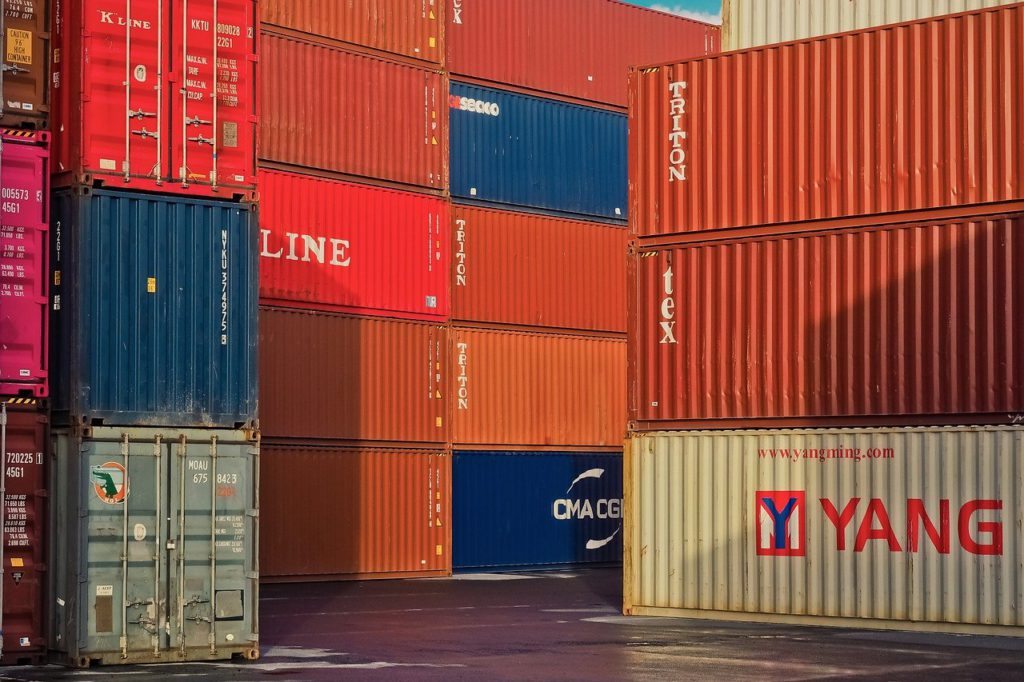Introduction
Counterfeit goods are the replicas of the real product produced with the intent to take unlawful advantage of the goodwill and reputation of the real product. The unique geographical location of India with eight neighboring countries and a lengthy, porous border makes it more susceptible to counterfeit products. Counterfeit goods cause damage to rights holders and exposes consumers to health and safety dangers. They also hinder India’s economic development. Therefore it becomes necessary for the right holders to be aware of the various strategies available to fight against counterfeiting activities. To this end, protection by Indian Customs is becoming one of the most effective tools for brand owners to safeguard their consumers from fakes.
The Role of Customs Officials
Custom Authorities are gaining importance for their role in enforcing intellectual property by protecting borders from the entry of goods that infringe intellectual property. The Customs Act 1962 contained provisions prohibiting the import and export of infringing goods, but subsequently it was felt necessary to strengthen the provisions.

To this end, the Intellectual Property Rights (Imported Goods) Enforcement Rules 2007 were issued by the Central government with a view to bolster the Customs Act and provide remedies to protect IPRs at borders. The new Rules allow holders of specific IP rights such as trademarks, copyright, patents, designs, and geographical indications to record their grievances with Customs officials and also gives power to the Customs officials to seize counterfeit goods or suspend the clearance of such goods at the port.
Process Overview
The Rules define ‘infringing goods’ as “goods infringing intellectual property rights”, meaning any goods which are made, reproduced, put into circulation or otherwise used in breach of the intellectual property laws in India or outside India without the consent of the right holder. Under Rule 3(1) of the Intellectual Property Rights (Imported Goods) Enforcement Rules 2007, a right holder may give notice in writing to the Customs Officials requesting the suspension of clearance of goods infringing their IP rights. This process of recording IP rights with the Customs can be done online through the Indian Customs IPR Recordation Portal.
The Customs are then bound to notify the rights holder within 30 days as to whether the notice has been registered or rejected. In a case where the notice has been registered, the Commissioner shall under Rule 4(2) indicate the validity period of the registration during which assistance by Customs shall be rendered. The minimum validity period shall be one year unless the right holder requests for a shorter period for customs assistance or action.
The grant of registration is subject to the condition that the right holder should execute a bond with the Customs Officials in order to protect the importer, consignee, the owner of the goods and the competent authorities against all liabilities. If the Customs has suspended the clearance of any consignment that it suspects contains infringing goods acting on its own initiative, then the right holder is required to give notice and execute a bond within five days for non-perishable goods or three days in the case of perishable goods failing which the confiscated goods shall be released by the Customs.
If it is found that the goods detained or seized have infringed intellectual property rights, the Customs Department is empowered to destroy the goods under official supervision or dispose them outside the normal channels of commerce after obtaining “no objection” of the right holder.
The Role of E-Commerce
With the Digital boom, E-commerce platforms have also served as powerful stimulants for the trafficking of counterfeit and pirated goods. For counterfeiters, production costs are low, millions of potential customers are available online, transactions are convenient, and listing goods on well-known platforms provides an air of legitimacy. Such deception not only provides counterfeiters with an enormous competitive advantage over their brick-and-mortar counterparts; but legitimate sellers on the internet are harmed as well. So it becomes important for rights holders to watch out for duplicates of their products online and send timely notices to the e-commerce platforms for the take down of the same.
Conclusion
Right holders need to make sure that unique anti-counterfeiting strategies are adopted to assist the Customs authorities to seize fakes. Various methodologies to aid Customs officials in differentiating the original product from its counterfeitsuch as use of holograms, smart cards, Forensic Techniques , Serialization/ Track-Trace System, biometric markers, special invisible inks, can be employed by brands to protect and authenticate genuine products.
Customs officials should also be cautious of Deals/Prices that are very low when compared to originals. An unreal bargain, for example would be when a genuine product priced at Rs 10,000,00 is being sold at Rs 20,000 then there is high probability that the same is not genuine. Right holders may also adopt various legal and technological measures such as utilizing watch services to ensure that genuine products are sold both by online and offline retailers and by taking civil/criminal actions against the counterfeiters.
Author: Neha Uppin, Legal Intern at PA Legal.
In case of any queries, kindly contact us here.